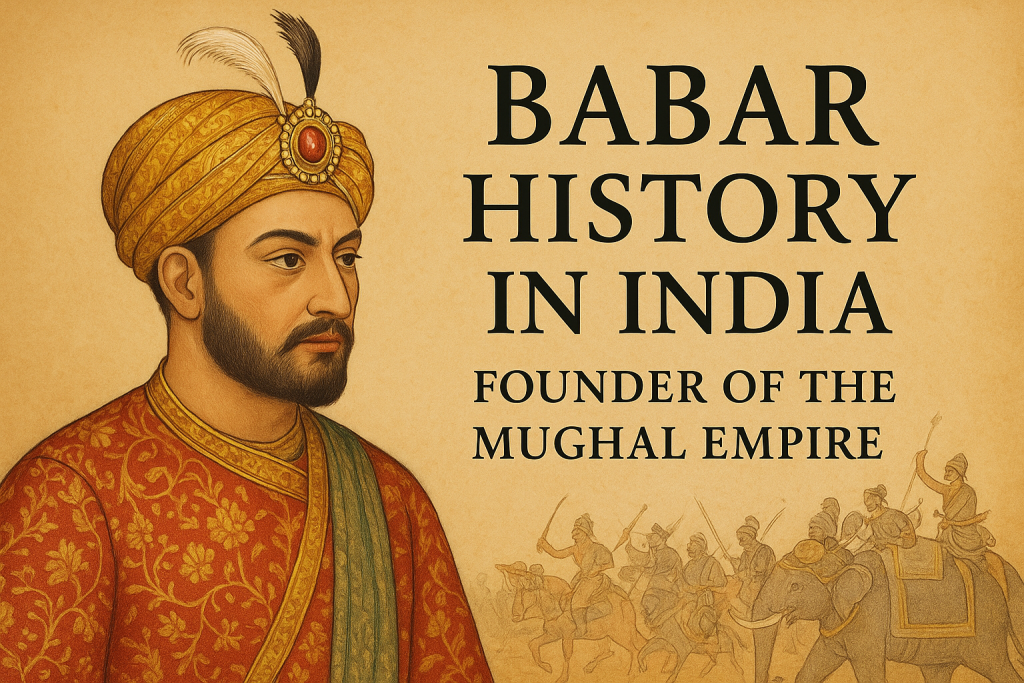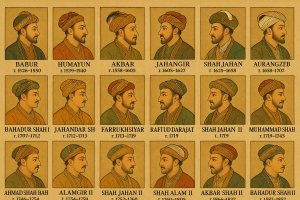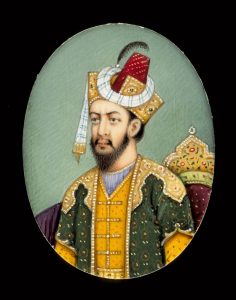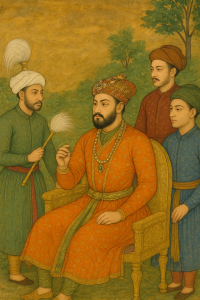Role of Babar in establishing Mughal Empire
Babar History in India – Founder of the Mughal Empire Role of Babar in establishing Mughal Empire
Introduction;Role of Babar in establishing Mughal Empire
Do you know who is babur?
If you want to learn this is free for learning.
The history of India took a new direction in the 16th century when Babar, a descendant of Timur and Genghis Khan, entered India and laid the foundation of the Mughal Empire. Role of Babur in establishing mughal empire.
His arrival in 1526 marked the beginning of a new era that shaped Indian politics, culture, and architecture for centuries. Babar’s life story is filled with wars, ambitions, struggles, and victories, making him one of the most important figures in Indian history.role of babar in establishing mughal empire.
In this article, we will explore how Babar entered India, the battles he fought, his rule, and his legacy.
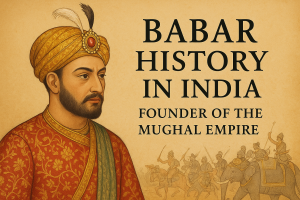
Early Life of Babar
Born in 1483 in Andijan (modern-day Uzbekistan).
A descendant of Timur on his father’s side and Genghis Khan on his mother’s side.
At the age of 12, he became the ruler of Fergana Valley after his father Umar Sheikh Mirza’s death.
Faced continuous struggles to hold power in Central Asia, especially in Samarkand.
Despite losing his Central Asian territories multiple times, Babar never gave up. His ambitions grew stronger, and eventually, his eyes turned towards India, a land known for its wealth and opportunities.
Why Babar Came to India?
Role of Babar in establishing Mughal Empire
Several reasons pushed Babar to invade India:
Lost Kingdoms in Central Asia – He was repeatedly defeated by Uzbek tribes and could not establish stability in Samarkand.
India’s Wealth – Known as the “Golden Bird,” India was rich in resources, trade, and land.
Political Instability – The Delhi Sultanate under the Lodhi dynasty was weak and divided, which made India vulnerable.
Invitation by Indian nobles – Some Afghan nobles and governors, unhappy with Ibrahim Lodhi, invited Babar to invade India.
Thus, India became Babar’s best opportunity to establish a powerful empire.
First Invasion of India
Babar attempted his first raid into India in 1519.
He captured Punjab territories like Lahore and Sialkot.
These raids were initially for wealth and testing the strength of Indian rulers.
By 1524, Babar started planning for a full-scale invasion.
The First Battle of Panipat (1526) – Turning Point in Indian History
The most important event in Babar’s life in India was the Battle of Panipat.
Date: 21 April 1526
Opponents: Babar vs Ibrahim Lodhi (the Sultan of Delhi)
Strength:
Ibrahim Lodhi – 1,00,000 soldiers + 1000 war elephants
Babar – 12,000 well-trained soldiers with advanced tactics
Babar’s Military StrategyRole of Babar in establishing Mughal Empire
Used the Tulughma system (dividing the army into wings and center).
Introduced Ottoman-style artillery and matchlock guns in India for the first time.
Made clever use of terrain and defensive formations.
Result
Ibrahim Lodhi was killed in battle.
Babar emerged victorious with modern war techniques.
This battle established the Mughal Empire in India.
Consolidation of Power in India
After the victory at Panipat, Babar faced more challenges:
Battle of Khanwa (1527)
Fought against Rana Sanga of Mewar, who united several Rajput chiefs.
Despite strong Rajput resistance, Babar’s artillery and disciplined army secured victory.
This battle proved Mughal supremacy in North India.
Role of Babar in establishing Mughal Empire
Battle of Chanderi (1528)
Against Medini Rai, a Rajput ally of Rana Sanga.
Babar’s victory further strengthened his empire.
Battle of Ghaghra (1529)
Against Afghan chiefs and Sultan Mahmud Lodi (Ibrahim Lodhi’s brother).
Secured Bengal and Bihar regions.
Through these battles, Babar expanded his control over North India and stabilized Mughal authority.
Babar’s Administration in India
Although Babar ruled India for only 4 years (1526–1530), he laid the foundation of an empire that lasted for more than 300 years.
Key Features of His Administration:Role of Babar in establishing Mughal Empire
Military Organization – Introduced new warfare strategies, artillery, and disciplined army structure.
Revenue System – Collected revenue mostly from land, though later reforms were made by his successors.
Religious Policy – Babar was tolerant compared to earlier rulers. He respected Hindu temples and traditions.
Justice – Ensured law and order, set up efficient administration in Delhi and Agra.
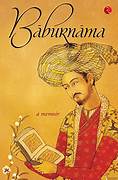
Babar as a Cultural Personality
Apart from being a warrior, Babar was also:
An excellent writer – He wrote his autobiography Baburnama, which is considered a masterpiece of Mughal literature.
A poet – He wrote poetry in Turkish and Persian.
A nature lover – He loved gardens, landscapes, and introduced the Mughal Garden style in India.
An intellectual – He was interested in art, architecture, and culture.
Legacy of Babar in India
Babar died in 1530 in Agra and was later buried in Kabul.
Though his rule was short, he created the foundation for one of the greatest empires in history – the Mughal Empire.
His successors like Humayun, Akbar, Jahangir, Shah Jahan, and Aurangzeb expanded the empire.
His military tactics changed the way wars were fought in India.
The Mughal dynasty he founded ruled India for nearly three centuries.
Conclusion;Role of Babar in establishing Mughal Empire
Babar’s entry into India changed the course of Indian history forever. From a small king of Fergana to the founder of the Mughal Empire, his journey reflects determination, vision, and courage.
His victories at Panipat and Khanwa proved his brilliance as a military strategist. Though his reign was short, his legacy lived on through his successors, shaping India’s history, culture, and architecture.
Babar’s story is not just about battles; it is about the beginning of a new era in India – the Mughal Era.
this is the Role of Babar in establishing Mughal Empire

